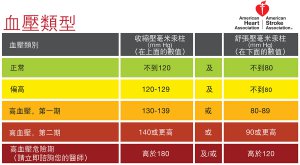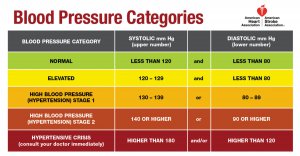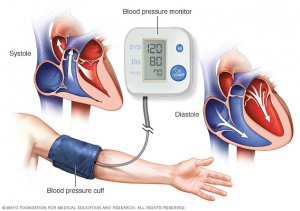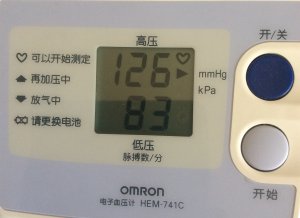描一笔?…… 血压
- 主题发起人 小暑
- 发布时间 2020-05-16
Similar threads
- 0.04 超赞 赏
- 云升云起 ,#191
- 2024-08-01
- 聊天・灌水・娱乐・新闻・时事
2024-08-07有新回复
全楼:0.05
wolfang
- 0.04 超赞 赏
- tonyhuang ,#373
- 2024-04-27
- 生活・购物・亲子・教育・美食・旅游
2024-05-06有新回复
全楼:0.11
aprill
- 0.01 超赞 赏
- Saint.Saens ,#416
- 2024-09-02
- 聊天・灌水・娱乐・新闻・时事
2024-09-03有新赞
全楼:0.01
Saint.Saens
- 0.24 超赞 赏
- 森林之歌 ,#164
- 2021-06-26
- 温哥华
2021-06-28有新赞
全楼:0.27
森林之歌
- 2.18 超赞 赏
- 云升云起 ,#191
- 2021-10-24
- 聊天・灌水・娱乐・新闻・时事
2021-10-26有新赞
全楼:2.18
dave
2023-05-27有新回复
全楼:9.73
森林之歌
- 0.04 超赞 赏
- 云升云起 ,#191
- 2023-01-30
- 聊天・灌水・娱乐・新闻・时事
2024-04-13有新赞
全楼:0.04
云升云起






